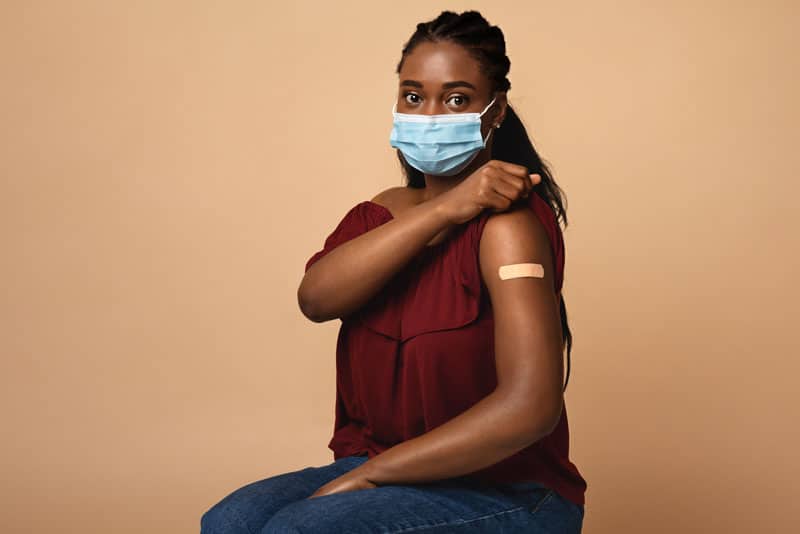Adults and the Importance of Immunizations

Immunizations help control the spread of diseases by protecting you, your family, and others around you
What is the value of immunization for adults?
Immunizations (vaccines) help protect you from diseases caused by bacteria or viruses. What’s more, your immunity to these illnesses also protects others around you.
As adults, most of us live busy lives with many responsibilities. The last thing you want to do is risk getting sick with a preventable infection.
Vaccines help our bodies resist diseases and stay healthy. In fact, vaccines typically provide the best possible protection available against several serious diseases.
A not-so-reasonable alternative
When adults refuse or ignore immunizations, the only other way they can become immune to an illness is to contract the disease. Acquiring a vaccine-preventable disease is potentially dangerous for you and those around you.
For instance, many infectious diseases can result in serious medical complications, especially if the infected person has other chronic illnesses or co-morbidities. Some of these complications may be challenging to treat, while others, in some cases, could end in death.
Vaccines can reduce the risk of the following diseases:
- Coronavirus disease (COVID-19)
- Diphtheria
- Haemophilus Influenzae type B (HIB)
- Hepatitis A and Hepatitis B
- Influenza (flu)
- Human papillomavirus (HPV)
- Measles, Mumps, and Rubella
- Meningococcus
- Pertussis (whooping cough)
- Pneumococcal disease (such as pneumonia)
- Polio
- Tetanus
- Varicella (chickenpox) and Shingles
What happens when you are immunized?
Once you receive a vaccination, it triggers your immune system into action. Your body will then begin to produce the antibodies necessary to protect you from the disease if you are ever exposed to it.
Do Adult Immunizations Work?
The effectiveness of vaccines approved in the U.S. is carefully studied, monitored, and surveilled through observational studies.
For instance, one method of assessing the effectiveness of vaccines is to evaluate the response of vaccinated individuals compared to unvaccinated individuals when exposed to a disease. Typically, if the vaccine is effective, vaccinated individuals are less likely to develop the illness, especially when compared with unvaccinated individuals.
Even when vaccines are less effective than expected, they still help control disease spread in a population. For example, there have been years when the Influenza vaccine was only 40-60% effective. Regardless, it still resulted in fewer and milder cases of illness and saved thousands of lives.
For more information on adult immunizations
Vaccines are the best protection against the diseases listed above. Even as an adult, you remain susceptible to developing some of the vaccine-preventable illnesses listed above if you have never been immunized or had these diseases previously.
Additionally, even though you may have received immunizations as a child, some vaccines need updating. History and experience have taught us that human immunity from vaccines wanes over time.
Talk to your doctor about your immunity against vaccine-preventable diseases and whether or not additional vaccines would benefit your health.
The CDC also offers a 2022 “Recommended Adult Immunization Schedule” for download from their website.
If you have additional questions or need to schedule an immunization appointment, please contact the Moultrie County Health Department at (217) 728-4114. The MCHD provides a variety of recommended adult vaccines and accepts most medical insurance plans, including Medicare and Medicaid.

